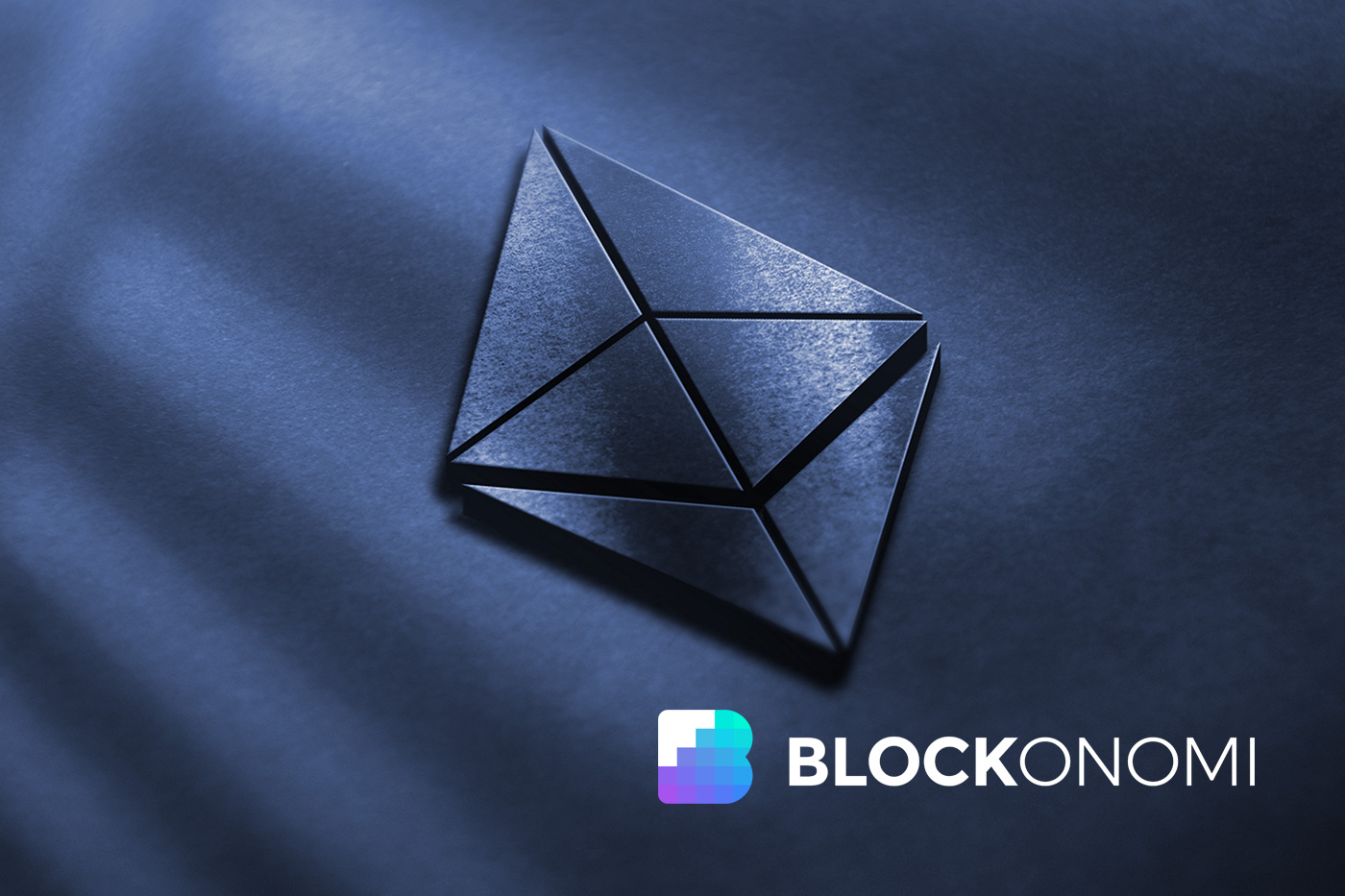Find someone who appreciates you as much as Mark Cuban appreciates Ethereum. Mark Cuban is a big fan of Ethereum, as the billionaire investor recently disclosed in an interview with Crypto Banter that he has contributed massively to Ethereum (ETH) and Polygon (MATIC).
Cuban is well-known for being one of the public figures that are bullish on the future of cryptocurrencies; he frequently compares the advances of blockchain technology today to the early days of the Internet.
Cuban Loves Cryptos
The diverse utilities of these two altcoins are the driving forces, according to the Shark Tank investor.
To wit,
“Bitcoin’s a great store of value, but Ethereum and Polygon that I both own a lot of, you can start to see the utility. You’re starting to see more and more applications pop up there, and we’ll see what happens with ETH 2.0 in terms of gas fees, and I think Polygon has done a great job, and you’ve got other blockchains trying to do the same thing.”
Cuban has bought and owned a variety of cryptocurrencies over the years. The billionaire recently stated that his crypto portfolio is presently split % Bitcoin, % Ethereum, and % other cryptocurrencies.
Given the widespread use of Bitcoin, the most valuable cryptocurrency, Cuban claims that the sole compelling aspect of Bitcoin is its capacity as a store of value rather than a currency.
His true passion is Ethereum. The billionaire is highly interested in the second-largest cryptocurrency behind Bitcoin, whose blockchain is largely used to host smart contracts. Smart contracts are collections of code that execute a set of instructions that operate on the blockchain in the cryptocurrency realm.
A Massive Market
In comparison to the early days, the market capitalization of bitcoin and other digital currencies has surged to over trillion dollars currently, and billionaire Cuban has revealed that he expects Ethereum’s long-awaited 2.0 update will stimulate the growth of blockchains and cryptocurrencies.
Despite the emergence of new smart contract protocols and the tough competition from old rivals such as Solana and Cardino, Ethereum remains the sole leader in the smart contract games. As part of Polygon (formerly Matic Network), it is the layer-2 scaling Ethereum-based solution with great extensibility for decentralized apps (DApps).
The billionaire also shared that he is seeking the first crypto-based app that will be a great hit with mainstream consumers.
He said,
“All the blockchains are kind of in a death war, trying to get users and applications, and I think whoever comes up with applications where just somebody walking down the street in Miami can say, ‘Oh yeah, I use that,’ just like Instagram…At the beginning, what the hell is Instagram and then everybody got it. It went viral. We haven’t gotten that first viral mainstream crypto-based application yet. We will. That’s what I’m looking for in terms of investments.”
How Far Is Ethereum’s Upgrade?
The long-awaited Ethereum network upgrade aims to address the network’s scalability and security issues.
This blockchain will convert to a Proof-of-Stake (PoS) consensus method in the first phase, eliminating Proof-of-Work. Ethereum intends to complete the transition in the next few months and switch to the PoS mechanism, which depends on virtual currency holders to process new transactions and eliminates mining powered by computer systems.
The plan is presently in its first phase, the Merge. The Merge, as the name implies, “basically merges” the Ethereum mainnet with the Beacon Chain, effectively ending the network’s PoW algorithm.
This also resulted in a change in the function of miners on the network, who will now be assigned the role of validator. Following phase 1, the next step will introduce Shard Chains to the network, with a total of 64 shards, allowing for a 64-time increase in capacity.
The Merge was supposed to happen after the launch of Shard Chains, however due to several issues, the developers decided to reverse the processes.







































